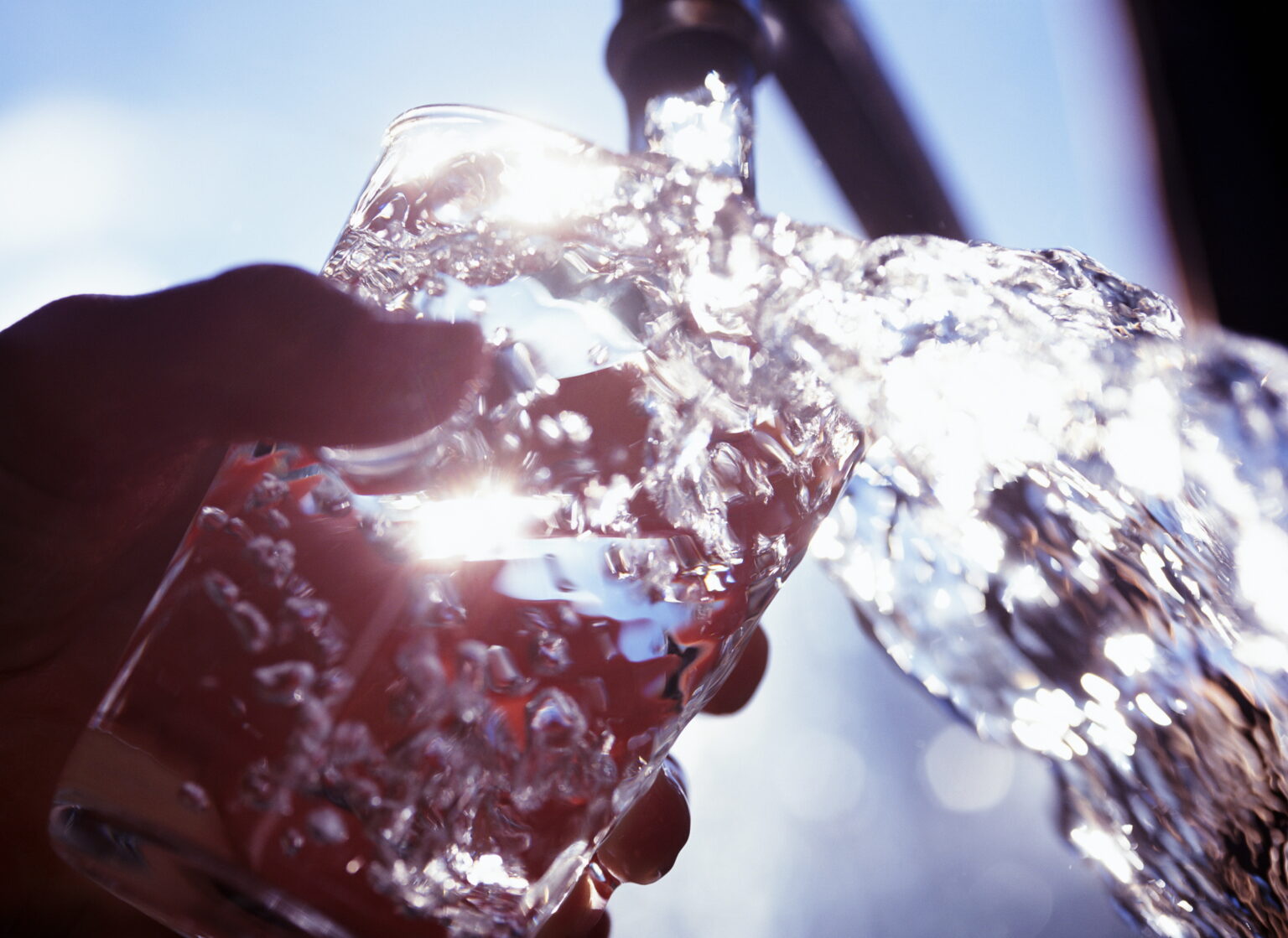Billions around the world lack access to clean water, but today, with Wisconsin’s growing PFAS crisis, these problems also feel very close to home. | Getty Images
During the Islamic holy month of Ramadan, as we fast daily from food and water from dawn till sunset, let us honor and celebrate the central role of water in our lives, both physically and spiritually. This month-long spiritual experience enhances and deepens our compassion for the poor, hungry and thirsty.
Recently, the United Nations held a global water conference in New York to raise awareness and inspire action to solve the world’s water and sanitation crisis. Billions around the world lack access to clean water, but today, these problems also feel very close to home.
Ever since my city of West Bend, Wisconsin, began shutting down groundwater wells, the source of drinking water for many residents, due to PFAS (per-and poly-fluoroalkyl substances) contamination, I have been asking myself how can we ensure our water is safe to drink?
Water is a human right
Water is the foundation of good health and thriving communities. More than 2 million people in the United States live without access to safe running water or a working toilet and more than half our waterways are still not safe for drinking, swimming, and fishing. Depleting and polluting waterways puts not only our own health at risk, but threatens the ecosystems, fish, and wildlife we live alongside. Communities today face outdated or unenforced health and safety standards, failing infrastructure, unaffordable bills, and the legacy of segregation and redlining. We must recognize the human right to clean water and accelerate action.
Preventing and addressing toxic pollution in our waters is a major national priority to protect public health. Regulators and legislators must do much more to protect Wisconsinites from water contamination like PFAS, or toxic forever chemicals.
PFAS have been detected in over 60 municipal drinking water systems across the state – and that doesn’t include smaller towns like Campbell, Stella, and Peshtigo, which have found PFAS in their private wells. It’s now clearer than ever before – PFAS contamination is a statewide issue that needs a statewide response.
As scary as these new data are, they also reflect the progress we’ve made. We are finally completing widespread testing, we’re beginning to understand the scale of the problem, and Gov. Tony Evers’ budget proposal includes a $106 million plan to start substantively tackling this contamination.
Prioritizing health and clean water
Yet again, Gov. Evers is fulfilling a commitment to protecting Wisconsinites from toxic drinking water. As part of his budget proposal, the governor is proposing more than $106 million to support municipalities in responding to local PFAS contamination, bolster staff and resources at the Wisconsin Department of Natural Resources (DNR), and increase PFAS testing, sampling, and monitoring.
The Biden-Harris Administration announced it is proposing the first-ever national drinking water standard for six per- and polyfluoroalkyl substances (PFAS) in the latest action under President Biden’s plan to combat PFAS pollution and Administrator Regan’s PFAS Strategic Roadmap. Earier this month, the U.S. Environmental Protection Agency (EPA) took a major step to protect public health from PFAS pollution, leveraging the latest science and complementing state efforts to limit PFAS by proposing to establish legally enforceable levels for six PFAS known to occur in drinking water.
Fortunately, billions of dollars from the Bipartisan Infrastructure Law and Inflation Reduction Act are flowing to communities right now to address PFAS and fund safe, climate resilient water systems. This is a great first step, but U.S. leaders must ensure these funds reach the communities that need them most, and then continue investing in our water and wastewater systems while keeping water affordable for all.
Clean water isn’t a commodity to be sold to only those who can pay. It’s a basic right our government must provide to all residents. Water represents purity in Islam. Muslims perform spiritual purification by means of the daily ablution before prayer. We need and appreciate clean water for all. Water is life.














